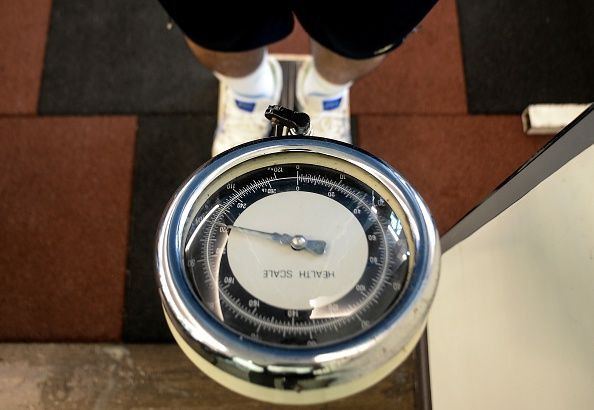Calorie Deficit Diet Pros And Cons: Everything To Know

There is an increasingly popular, and scientifically true, belief spreading that losing weight is largely about managing the food you eat more than the amount of exercise you perform. That is, if you do successfully limit your intake, you can experience significant weight loss even if you don’t really hit the gym. Such is the principle behind the calorie deficit diet, which aims to cut your consumption to a specific maximum number of calories per day, with the goal to help you shed the excess pounds.
What is a calorie deficit diet and how is it effective? What are its advantages and disadvantages? Here, we tackle the basics.
Calorie Deficit Diet Defined
Calories are arguably the most important element in a weight loss plan and are anchored on the science that if you eat more calories than what your body actually needs in a day then you gain weight. Conversely, if you consume fewer calories, then you lose weight. While it seems as simple as that, counting one's calories per day can be a pretty complicated task, and because each person has different caloric requirements, there is no one-size-fits-all formula to succeeding. For example, a person who weighs 140 lbs and is used to eating 2000 calories worth of food daily will likely lose weight if this is whittled down to just 1,200 calories daily.
The best and safest way to start on a calorie deficit diet is to consult a dietician and fitness expert to find out where your body is at currently and what types of interventions you need to shed that excess weight. A doctor’s advice will give you an accurate baseline so that you don’t waste any energy and eventually get sick in cutting back more calories than what you can safely manage.
Pros and Cons of Cutting Your Daily Calorie Intake
Know that counting calories is a tricky business and can quickly transform into an eating disorder if you’re not careful. There is a huge difference between conscious eating and disordered consumption, so be mindful of how you’re treating this effort. Remember that food is still meant to be enjoyed and that although you ARE cutting back, you’re not supposed to be obsessing over what you eat. If you have a history of problematic eating, then your dietician will likely advise against a calorie deficit diet as it could quickly turn dangerous.
On the upside, calculating your caloric intake has been proven to help one lose weight rapidly. Plus, if you factor physical activity in, such as gym work or regular exercise, the number of pounds to be lost could be greater. Take note that while food is the main determinant of how much weight you can lose, factors such as age, muscle mass and metabolic rate can also affect how huge or fast the weight loss process becomes.
As a general rule, the safe range of weight loss would be between 2 to 5 pounds per week, although some have reported to have shed even more. It’s all really about how your body responds to the change. Of course, at any point that you start feeling weak and unable to function, you should discontinue your program. When trying out a calorie deficit diet, remember that it is just a short-term and unsustainable solution. Once you have hit your target weight, you should back it up with normal, healthy eating and a change in lifestyle.
© Copyright IBTimes 2024. All rights reserved.





















